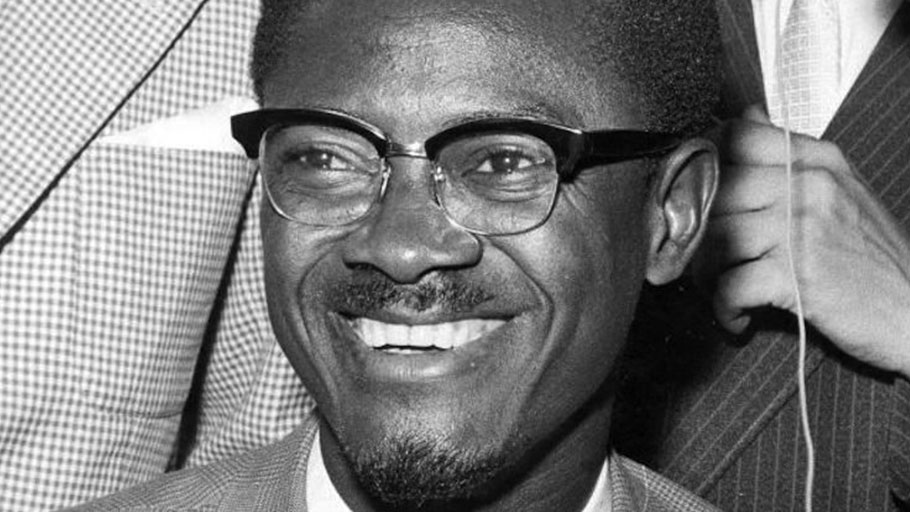
Chicago’s Cook County Hospital has one of the busiest trauma centers in the nation, treating about 2,000 patients a year for gunshots, stabbings and other violent injuries.

Chicago’s Cook County Hospital has one of the busiest trauma centers in the nation, treating about 2,000 patients a year for gunshots, stabbings and other violent injuries.

Last week The New Yorker ran a lengthy profile of Barack Obama, by David Remnick, in which you can hear the president’s opinions on everything from marijuana legalization to war to racism

Negro Cocaine “Fiends” Are a New Southern Menace. That was the headline of an article I came across while doing research for my PhD in 1996.

Patrice Lumumba, the first legally elected prime minister of the Democratic Republic of the Congo (DRC), was assassinated 50 years ago on 17 January, 1961.

“The progressive mindset is screwing up the world. The progressive mindset is guaranteeing no progress on global warming.”

CAPE TOWN — This year’s parliamentary elections in South Africa will be the first in which the first children born after the 1994 transition to democracy become eligible to vote.
I WANT to believe in the Jamaica Logistics Hub. I want to feel that this multi-pronged development initiative is going to help to realize the much-touted and highly optimistic Vision 2030 and make Jamaica the place to do business…

Before he became a folk music legend, Pete Seeger wanted to be a journalist. It was this perspective as a reporter and storyteller that defined Seeger’s approach to singing and playing music:

Frantz Fanon spoke rightfully and repeatedly of the importance of discovering and fulfilling our mission as a generation and by extension as a people.

This is an image of a 19th century wood engraving called “Slaves in Brazil: The Terrible Torture of a Slave”, from ‘Journal des Voyages. It depicts a black slave being boiled alive above a huge cauldron.

President Obama made no mention of the war on drugs in his State of the Union speech, nor its role in both international and domestic crises, signaling that despite marijuana legalization in Washington and Colorado…
It’s the middle of the night when heavily-armed police burst into a house, terrify the people who live there and make an arrest. This scene is repeated tens of thousands of times each year across the United States, most often in communities of color.